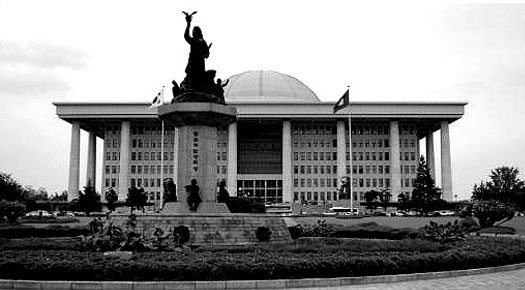
The Korean government reiterated its plan to impose income tax on religious groups earlier this month. However, the ruling Saenuri Party expressed concerns about introducing religious tax, citing possible protests as a reason. The plan to impose religious tax was included in the draft version of a tax code revision, which was disclosed by the Ministry of Strategy and Finance after it met with Saenuri Party to discuss policy coordination.
“Though the government wants to tax religious groups, the party believes it should consider this move very carefully,” Kim Jung-hoon, the party's chief policymaker, told reporters after the meeting. “We will look into the plan closely ahead of a plenary session at the National Assembly.”
At first, the ministry had planned to charge a four percent tax rate on the total income of religious leaders minus their expenses. Later, the ministry went on to add measures that would ensure that high earning religious leaders pay higher taxes than low earning religious leaders. If the revision receives approval, all churches and temples would be required to submit details about their incomes each year.
While there has been a lot of debate surrounding the taxing of clergymen and monks over the past few decades, little progress has been made with the issue because of its sensitivity. As a matter of fact, the country’s plans for religious tax have been stalled for as long as 47 years. The first director of the National Tax Service, Lee Nak Sun, had planned on taxing religious organizations in 1968 but he did not succeed at the time. In 2014, the finance ministry devised a similar plan once more but it had to back down eventually because of the opposition it faced from various religious organizations. Recently, the government thought of the idea yet again and this time, it hopes to finally implement religious taxes.
A survey last year revealed that 75.3 percent of 1,000 respondents agreed with the idea of religious taxation.
While it remains unclear whether religious taxes will eventually be implemented, vice finance minister Joo Hyung Hwan has promised to push for the measure.
“We can't postpone it anymore, considering public opinion,” he said. “The Assembly will make an all-out effort to pass the revision by persuading both the government and the religious institutions.”
Photo Credits: Wikimedia
